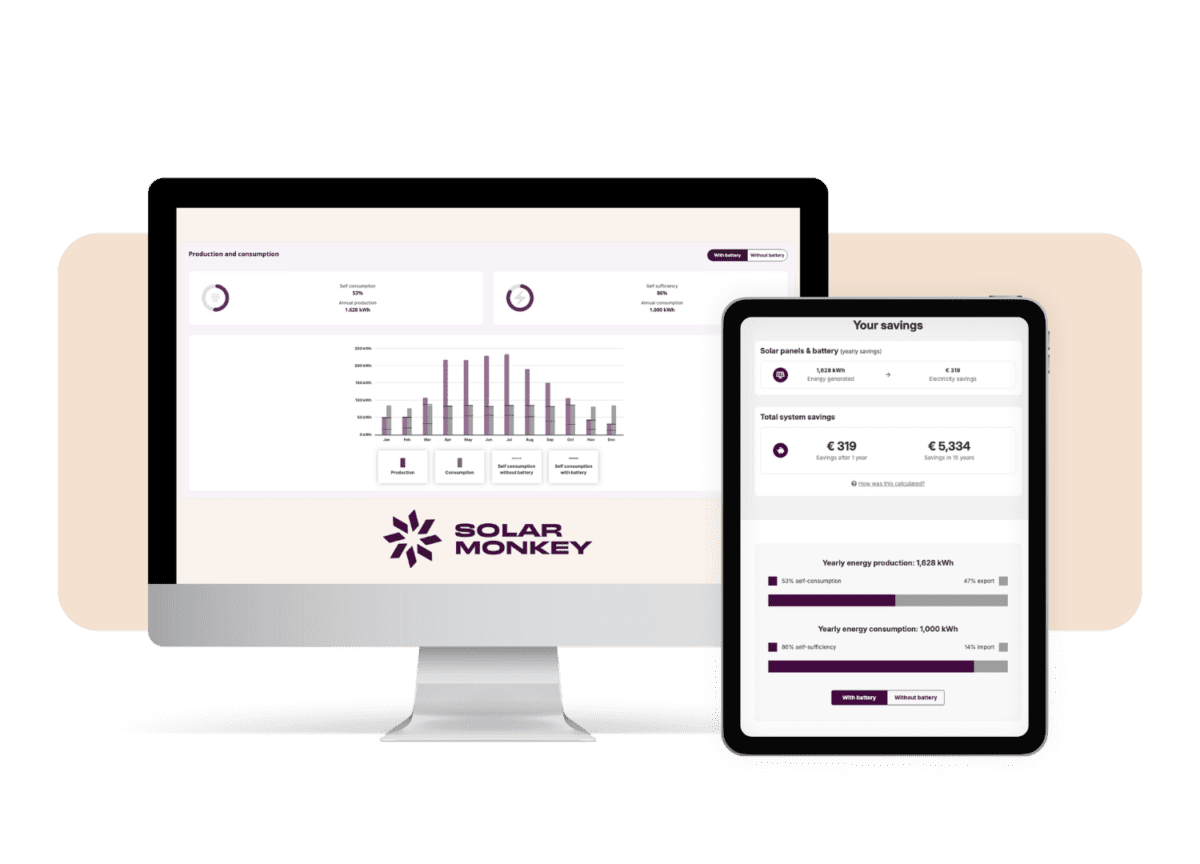In April 2023, Germany made a significant and controversial move by shutting down its last nuclear power plants. This decision marked the culmination of decades-long debates and arrived during a challenging period marked by a global energy crisis. Now, a year later, the outcomes are not just surprising but also illuminating for energy policies worldwide.
The smooth transition
Initially, many feared that the shutdown would lead to power supply risks, price spikes, and an increased reliance on coal — a setback in environmental terms. However, these fears have largely not materialised. Instead, Germany has witnessed a record output from renewable energy sources, leading to the lowest use of coal in six decades, a drop in energy prices, and a significant reduction in emissions. It’s a testament to Germany’s robust planning and execution, which saw the phase-out smoothly conducted without technical hitches or electricity price shocks.
Economic and environmental impacts
Despite the smooth transition, not everyone is convinced about the benefits. Industry experts caution that the full impact on power costs might only become apparent as Germany recovers from its economic recession. Yet, the expansion of renewable capacity — solar, wind, and bioenergy — has not only compensated for the nuclear gap but has also positioned Germany as a leader in renewable energy in Europe. The shift has led to a more sustainable energy framework with lower emissions, aligning with global climate goals.
Challenges in grid modernisation
Germany’s journey is far from complete. The nation faces challenges in grid modernisation and the need for enhanced storage solutions like batteries and green hydrogen to stabilise the renewable output. These technologies are crucial for ensuring that the electricity grid remains robust and capable of handling new energy dynamics without the baseline power previously supplied by nuclear plants.
International perspectives and debates
On the international stage, Germany’s nuclear phase-out is an outlier. Many countries are ramping up their nuclear power capabilities, viewing nuclear energy as a stable and less emission-intensive option. The international debate continues, with significant investments in nuclear technology, especially in countries like France and the U.S., which see it as a viable part of their energy strategy for achieving climate targets.
The future of energy in Germany
Looking ahead, Germany’s national debate around nuclear power remains heated and politically charged. The recent phase-out anniversary reignited discussions, with some political figures calling for a reevaluation of the decision. The broader public sentiment is mixed, with a significant portion of the population viewing the phase-out as a mistake, reflective of the complex and often divisive nature of energy policy.
As Germany continues to navigate these challenges, the global community watches closely. The outcomes of this bold energy transition could either serve as a blueprint for others or a cautionary tale about the complexities of reducing reliance on nuclear power.
Engage and discuss
What do you think about Germany’s energy strategy and its implications for the future? Has the phase-out been a leap in the right direction, or a misstep in a time of global energy uncertainty? Share your thoughts and join the conversation.



